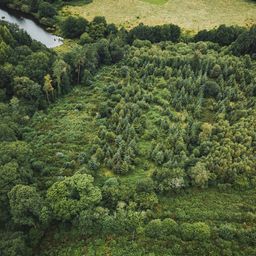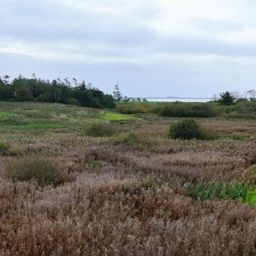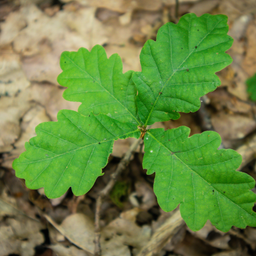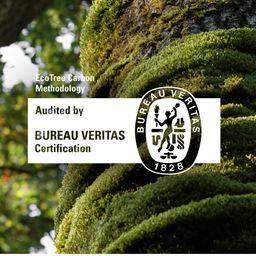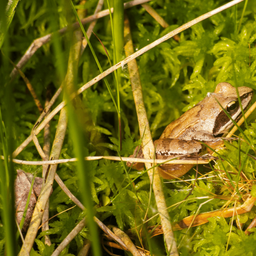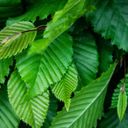
Hornbeam: Characteristics, use and symbolism
The common Hornbeam comes from the temperate regions of the Northern Hemisphere, mainly from the Far East and especially China.
Hornbeam
Hornbeam species are native to temperate regions of the Northern Hemisphere, with most varieties originating from the Far East, particularly China. There is only one species native to North America: the American Hornbeam. The common Hornbeam (Carpinus betulus) is one of only two species found in Europe, alongside the oriental Hornbeam.
Why does EcoTree plant Hornbeam?
Hornbeam trees do more than just beautify the landscape, they provide essential shade that cools forest habitats and helps regulate the surrounding temperature. This makes them vital for creating cool spaces for wildlife and humans alike. Their roots play a crucial role in preventing soil erosion, stabilizing the ground, and maintaining a healthy forest ecosystem.
As a key companion species in temperate forests, Hornbeam has formed symbiotic relationships with various plants and animals over time. It’s often chosen for biodiversity initiatives and remains a reliable source of excellent firewood.
Hornbeam - Overview
Hornbeam - Overview
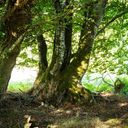
Hornbeam - Species requirements
The Hornbeam is a fairly widespread species, particularly across the forests of Central and Western Europe, where it grows up to altitudes of 1,000 meters. This tree prefers shade or semi-shade and isn’t afraid of the cold.
You’ll often find Hornbeam growing in coppice woodlands beneath taller trees, especially in association with Oaks. Its seeds need warm summers to mature, and it thrives in soils ranging from slightly acidic to basic, provided they’re dry and cool. However, Hornbeam doesn’t fare well in very acidic or waterlogged soils, and it has a relatively short lifespan, typically living no more than 150 years.
Hornbeam's wood
The Hornbeam was once a favorite for firewood, prized for its slow, steady burn and high heat output. Although it's used less today due to its slow growth, Hornbeam still ranks among the best types of firewood. Its wood burns evenly and for long periods, making it ideal for cozy fires.
Beyond firewood, Hornbeam finds its way into paper pulp, tool handles, and even game pieces. Today, it’s more commonly planted for ornamental purposes and to promote biodiversity. You’ll often find Hornbeam hedges, known as "charmilles," adding elegance to gardens and landscapes.
Hornbeam's symbolism
The Hornbeam has deep cultural roots, especially with the Celts, who saw it as a symbol of loyalty and spirituality. It is often called the tree of hard work and conscientiousness, and its name is said to come from those who sat under its branches and felt "charmed" by its presence.
To avoid confusing it with the Beech tree, there’s a fun little phrase to help you remember: "Adam’s charm is to be naked." Unlike Beech leaves, which are smooth, Hornbeam leaves have a distinctive toothed edge.
Our selection of trees
Our goal is to enable anyone to do something that benefits nature and helps us to live in a more harmonious world. So why not become a tree owner in a European forest and help combat climate change?
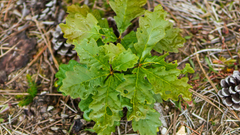



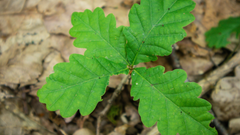

Please note that this is promotional communication. See our notice of information.
